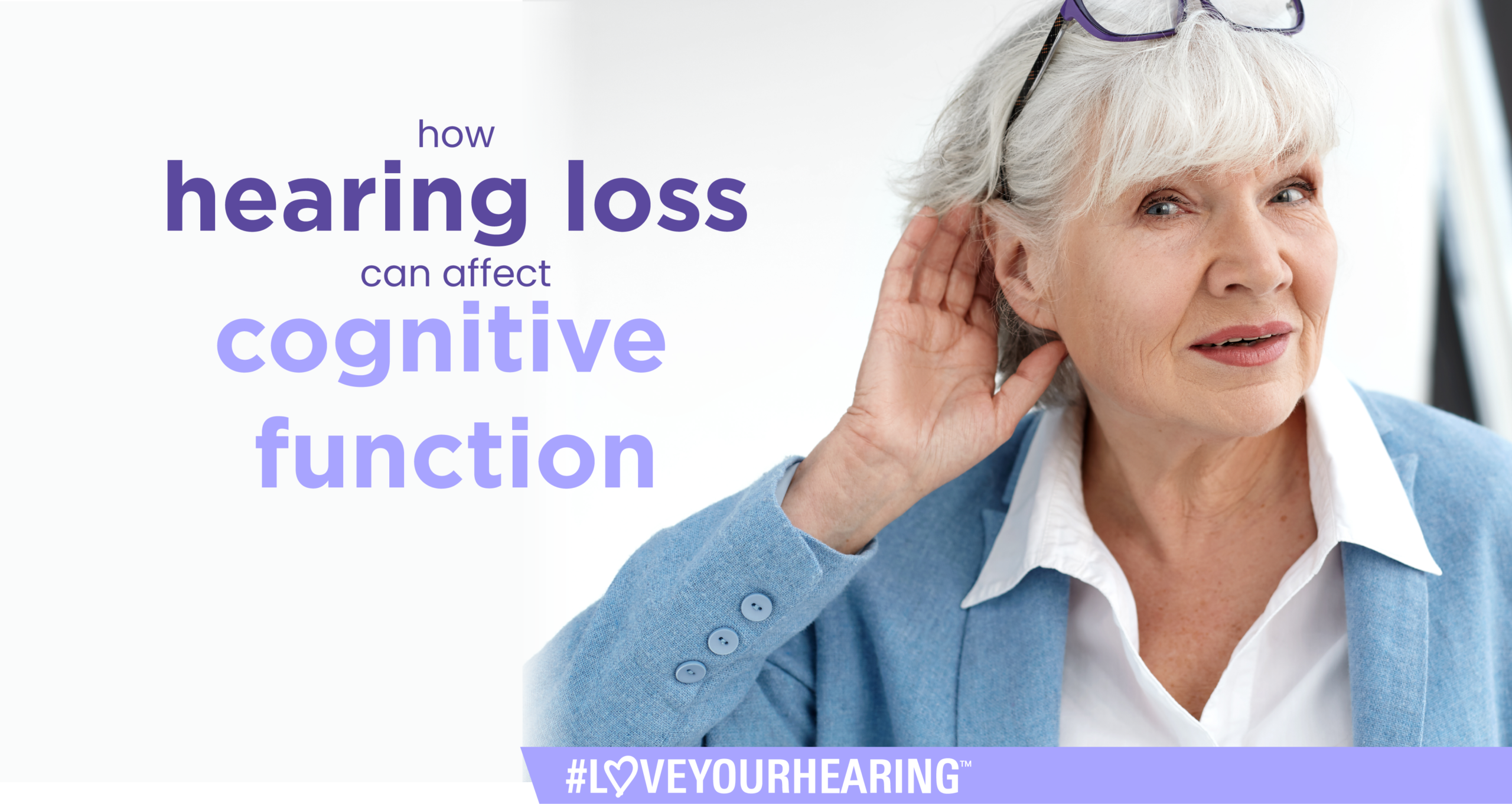
The link between hearing loss and dementia. Most of us believe that hearing loss is something that is part of life and is nothing more than an annoying inconvenience.
However, this could not be further from the truth!
Although hearing loss is more prevalent among older adults, affecting over 50% of individuals over the age of 65, research has shown that it is age indiscriminate and can have a significant impact on overall health and well-being. One such consequence is dementia and other cognitive impairments that hearing loss can trigger.
Measurements of hearing thresholds or sound detection alone are insufficient indicators of how people absorb information or understand the real environment. This is why more comprehensive assessments of auditory and communication needs are conducted by audiologists, to assist people living with hearing loss.
Often, when older people struggle to hear speech in noisy environments, they blame it on others “mumbling” and this is often referred to as the “cocktail-party effect”. Even though this occurrence has been known for more than 70 years, it still causes a lot of frustration. The truth is that when people do ultimately look for hearing solutions, it usually isn’t because their thresholds are too high or their hearing isn’t loud enough.
Instead, their inability to hear well, especially in noisy environments, is the primary reason they seek assistance. Crucially, and regrettably, hearing clarity is not assessed during hearing threshold tests, which (by definition) only include loudness detection of pure tones, speech sounds, whispers, or the sound of a watch ticking. Therefore, a thorough assessment of the person’s hearing is needed to be able to diagnose correctly and evaluate the next steps needed.
Dementia is often a generalised term used to describe a decline in cognitive function that affects memory, thinking, and behaviour. While there are several different types of dementia, the most common one is Alzheimer’s. This condition affects millions of people worldwide and has a negative impact on both the individual and their loved ones.
Multiple studies have found that people with hearing loss are more likely to develop dementia than those with normal hearing. In fact, one study found that individuals with moderate to severe hearing loss had a threefold risk of developing dementia compared to those with normal hearing.
One factor that can hasten cognitive decline is social isolation which results in a lack of stimulation to the brain. Having difficulty hearing in noisy environments, emotional problems caused by low self-esteem and shutting oneself off from society can exacerbate the problem. What is evident, is that with hearing loss, the brain must work harder to process sound and over time, and this increased effort can lead to changes in the brain that affects general cognitive function. The good news is that there are steps you can take to reduce your risk of developing dementia.
Hearing aids help people with hearing loss as they enhance short-term cognitive performance and considerably lower your chances of developing dementia and cognitive decline. By having regular hearing checks at your nearest Hearing Works store, is the first step towards a healthy mind and healthy body. By understanding your hearing health, you are able to be on top of the problem before it gets to a stage where it may be too late.
Remember, you are in control regarding maintaining your overall brain health. This includes maintaining regular exercise, eating a healthy diet, quitting bad habits like smoking, getting adequate sleep, and always being open to engaging in mentally stimulating activities - socialising, reading, playing games, or learning a new skill.
So, keep your brain active and know that Hearing Works is always there to help you love your hearing.



